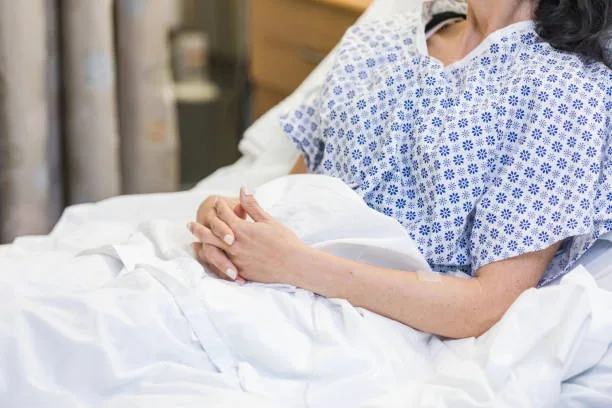
**If you are in immediate danger, please call 911.
It is important that victims of sexual assault know their rights. Whether you are a victim, the loved one of a victim or the friend of a victim, knowing what to do when a sexual assault occurs is crucial. The following immediate action items should be taken right as soon as possible after an assault:
- Visit your closest emergency room;
- Undergo a SAFE examination and receive necessary treatment;
- File a criminal report; and
- Seek legal help.
Step 1: If you are no longer in immediate danger, the first step you must take after a sexual assault is to go to the closest hospital emergency room. It is important that the victim of the sexual assault does not change clothes, it is also important not to shower or take a bath before visiting the emergency room. If the victim changes clothes before going to the hospital, bring the clothes that were worn at the time of the assault to the emergency room. Once you arrive at the hospital emergency room, inform a nurse or medical staff of why you are there. It is often helpful not to do this alone, bringing a trusted friend or family member with you to provide support can be helpful. Be prepared to stay for at least a couple of hours once you arrive at the hospital.
Step 2: Hospitals retain specially trained nurses and doctors to ensure victims of sexual assault are treated with compassion. These specially trained healthcare professionals will perform a confidential sexual assault forensic examination (SAFE). This exam is voluntary, but it is crucial to help understand the extent of the injuries resulting from the assault. In addition to identifying injuries, the SAFE collects and preserves evidence that can be used in future criminal proceeding. Victims will be assigned a sexual assault response coordinator (SARC) who will coordinate and manage victim care throughout the investigation and into recovery. The SARC will have resources for the victim to help address continued care, criminal proceedings, and mental health counseling after assault.
Step 3: Often during a SANE exam, or prior to a SANE exam, the nurse will help you navigate the legal steps you can take as a victim of sexual assault. This means informing law enforcement of the incident, and most often having a law enforcement officer come to the hospital to take your statement and open a criminal case on your behalf. Victims of violent sexual crimes deserve justice, both criminally and civilly.
Step 4: You may also be entitled to a civil remedy for the wrongs committed against you, such as compensation for physical injuries and mental anguish sustained from the attack. If you believe the negligence of a person or business (bar, club, hotel, apartment complex, etc.) was one of the causes of the sexual assault, contact an experienced attorney at Abraham, Watkins, Nichols, Agosto, Aziz & Stogner by calling 713-222-7211 or toll free at 1-800-870-9584. We will review your case for free, and help you navigate your next steps, you are never alone as a survivor of sexual assault.
